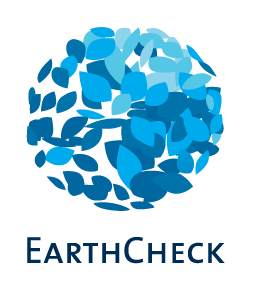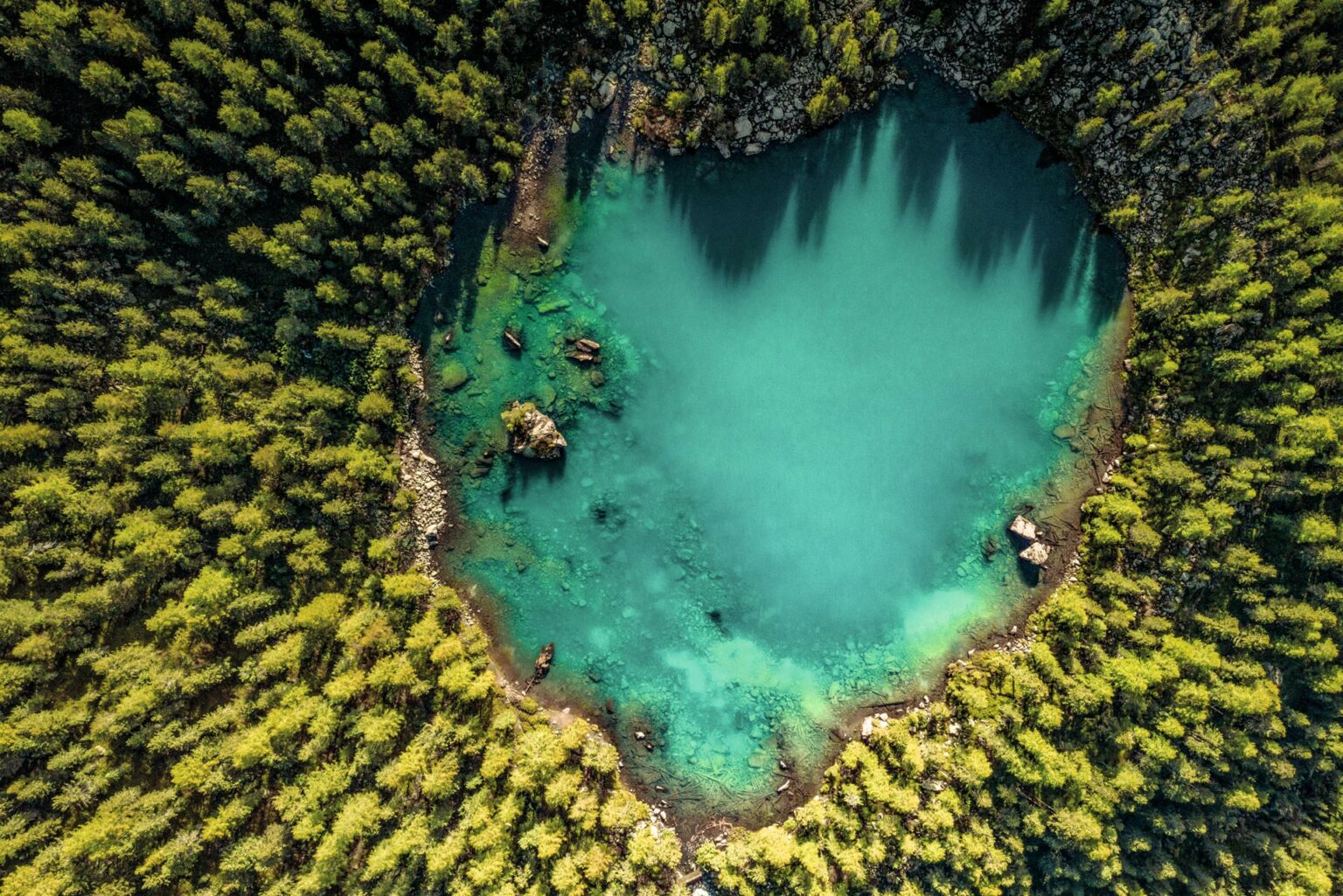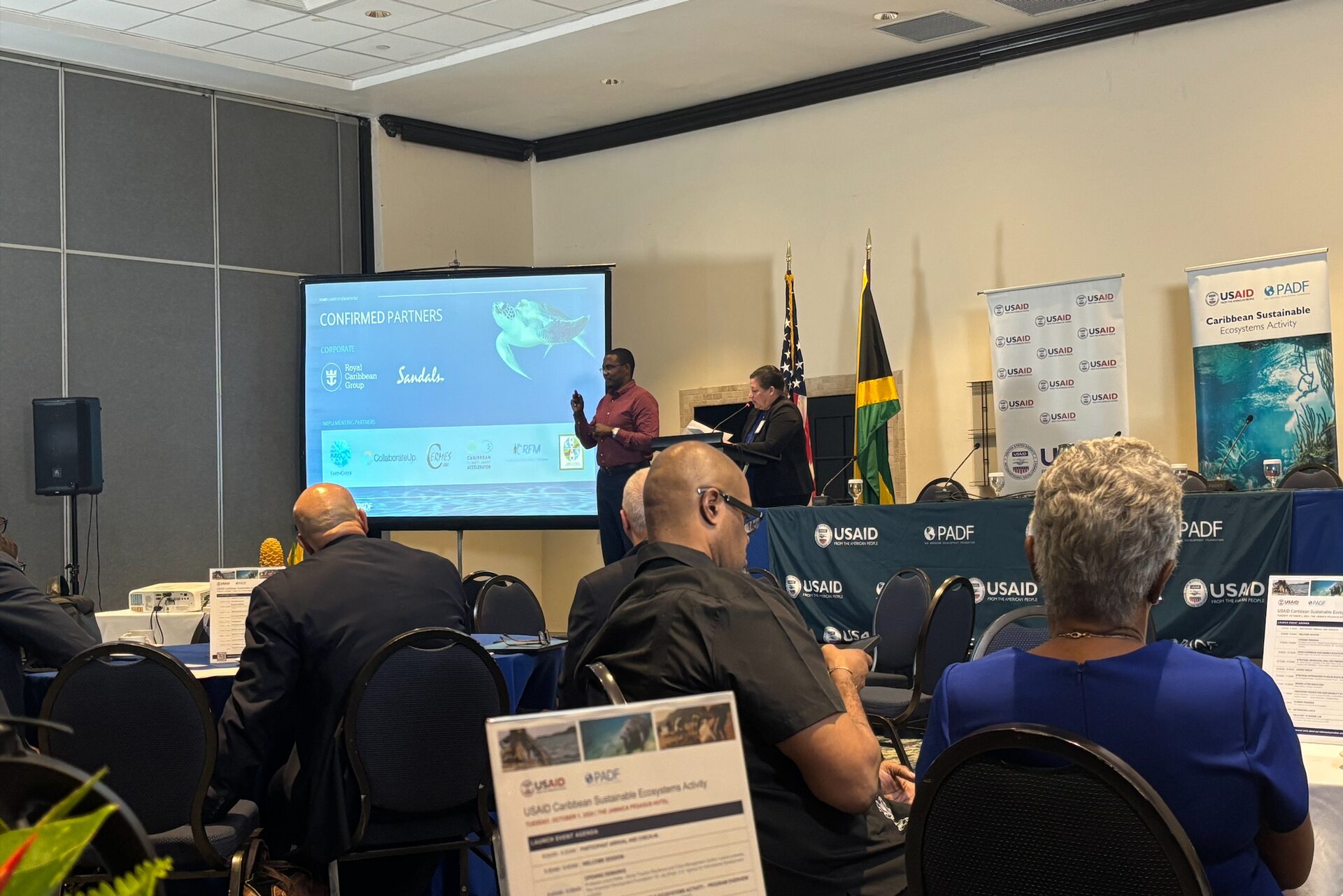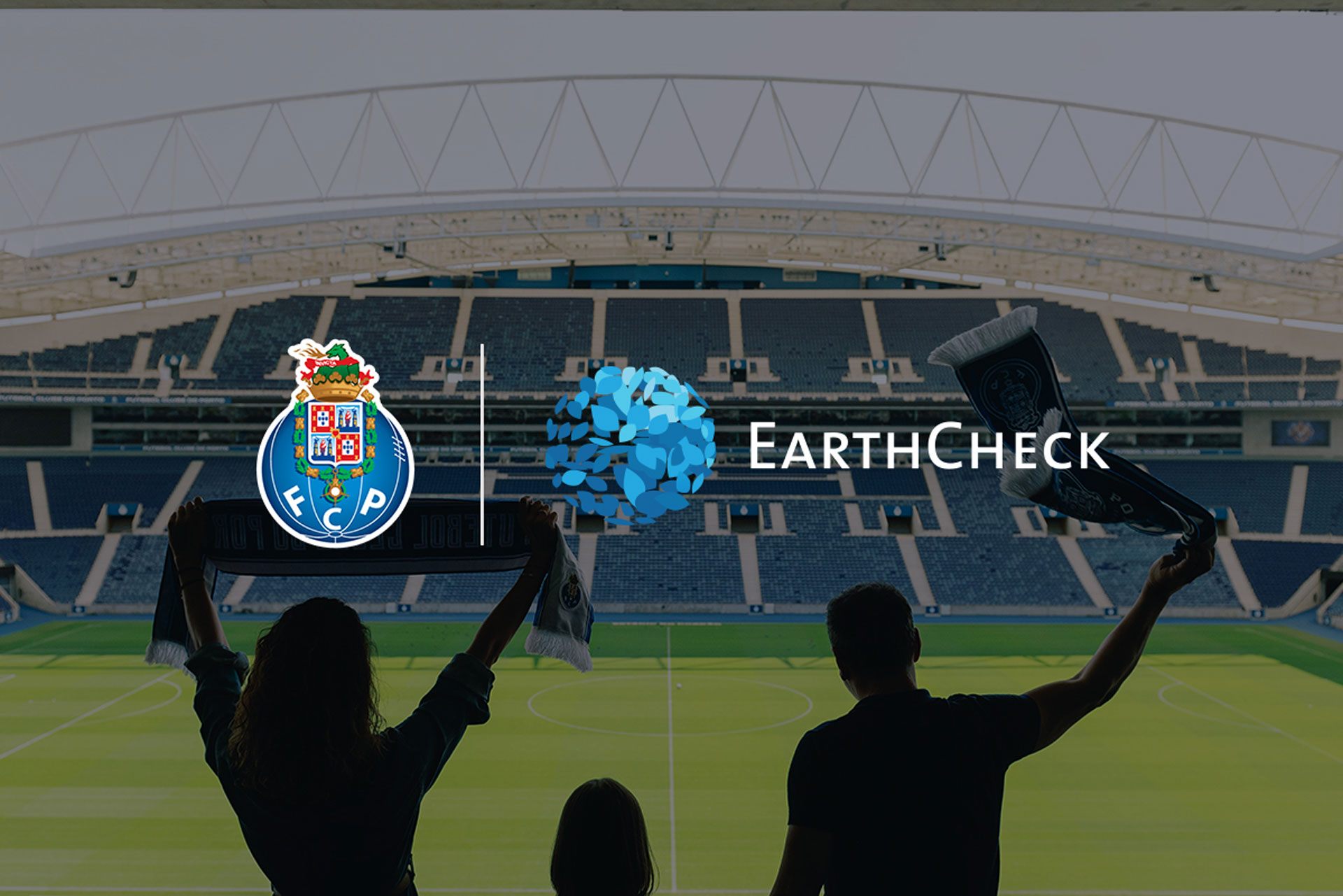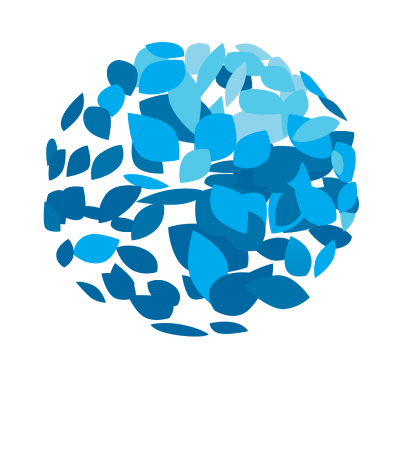The concept of sustainable tourism has made its way into the mainstream. Travellers are increasingly interested in the impact of their trips – in a recent booking.com survey of 33,000 travellers from across 35 countries and territories, 80 per cent said that travelling more sustainably is important to them, and 76 per cent said they want to travel more sustainably over the coming 12 months.
These consumers are making more mindful decisions, and seeking out travel experiences that will have a positive impact on the places they visit. At the same time, they’re rightfully suspicious of ‘greenwashing’ – businesses and destinations overrepresenting their environmental and social initiatives in a bid to be seen as sustainable, without doing the work.
In a recent Expedia survey, 70 per cent of respondents said they’d avoided a travel destination or transportation option because of inauthentic sustainability commitments.
That’s why EarthCheck, the world’s leading certification, consulting and advisory group for the tourism industry, has developed programs such as EarthCheck Certified and EarthCheck Sustainable Destinations.
These programs use EarthCheck’s comprehensive benchmarking, certification and performance improvement system to independently verify and assess the sustainability policies, activities and initiatives of participating tourism-related businesses, organisations and destinations around the world.
EarthCheck certification helps the participants in these programs – ranging from local operators and regional destinations to the world’s most recognised travel and tourism brands – to create a sense of trust in the marketplace, and credibly communicate their sustainable practices to consumers.
The shift towards considerate consumption, and a commitment by the Swiss Federal Council to achieve carbon neutrality by 2050, is also why Switzerland is centering sustainability as part of its new tourism strategy.
The Swisstainable initiative

Romy Bacher, Head of Sustainability at the Swiss Tourism Federation, says sustainability has been shaping Switzerland for decades.
“Nature has a high value in Switzerland, and we define ourselves strongly by our alpine mountains and our pristine lakes with their crystal-clear water,” she says.
“A very well-developed public transport network, nature as well as water protection, waste management, air quality and high-quality education have been important issues in Switzerland for years. Perhaps this has made us more aware of the impact of humans on nature and the environment, and the need to reduce negative impact on our planet.
“Sustainability as a holistic concept has been and continues to be an important differentiator for Switzerland as a tourism destination.”
But while there have long been numerous Swiss tourism providers who are committed to sustainable development, Romy says that visitors can get lost in an ocean of labels, making it difficult for them to determine the sustainability of the different offers that are available.
That’s the gap Swisstainable is aiming to close. Created in 2021 by the University of Lucerne (HSLU), Switzerland Tourism and other national tourism organisations such as the Swiss Tourism Federation, the Swisstainable program is intended to provide guidance and convey information about the sustainability of the Swiss tourism industry to guests.
“Swisstainable has been developed by Swiss tourism for Swiss tourism,” Romy says.
“It aims to make the industry’s commitment visible and to support tourism service providers in their efforts towards a comprehensive sustainable development of Swiss tourism.
“In addition, Swiss tourism wants to actively contribute to achieving the UN’s Sustainable Development Goals (SDGs) and the Swiss Confederation’s sustainability strategy and to implement them nationally.”
Romy says the Swisstainable program – which encourages visitors to enjoy nature up close and at first hand; experience the local culture in an authentic way; consume regional products; and stay for longer and delve deeper – has been popular within the industry.
“We sense a very high awareness of the program among industry players and a strong interest to join our movement,” she says.
“Since the launch of Swisstainable in 2021, the program has attracted over 2,000 service providers from all over Switzerland and from the entire tourism value chain – businesses from the hotel and parahotel industry, restaurants, mountain railways, shipping companies and other public transport companies, cultural institutions, leisure providers, tourism offices and many other tourism and tourism-related companies.
“We are very pleased about this, because we need to join forces along the whole value chain to make Swiss tourism more sustainable.”
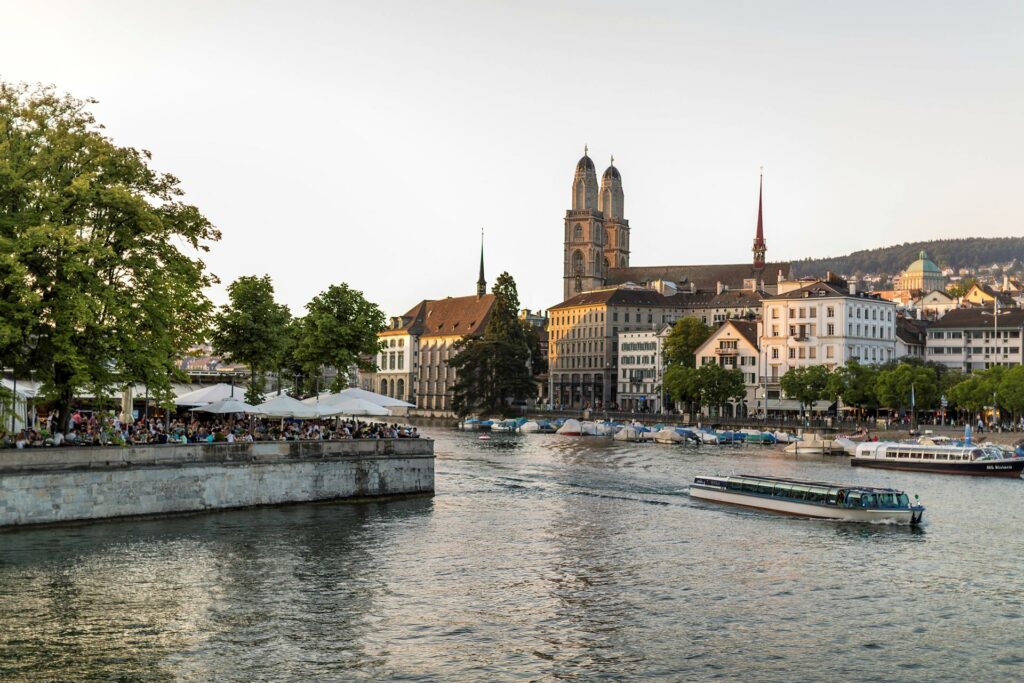
In April 2023, the Swisstainable program expanded to include the country’s tourist destinations as a whole. This means that Zurich, for instance – the first Swiss city to join EarthCheck’s Sustainable Destinations program – can also participate in the Swisstainable program.
“With the expansion to the destination level, it is now possible for entire tourism destinations to participate in the national sustainability program within their sphere of influence,” Romy says.
“They are given concrete instruments within the framework of the program on how they can specifically promote holistic sustainable development within their destination. They can thus position themselves as a responsible destination and make an important contribution to sustainable Swiss tourism.
“Swisstainable Destination lays another foundation stone for joining forces along the entire tourism value chain and taking all tourism stakeholders on the journey to a sustainable tourism country.”
Keeping in Check
Crucially, Swisstainable is not designed to be a certification process in its own right. It doesn’t take the place of programs such as EarthCheck Certified and EarthCheck Sustainable Destinations, but instead relies on them in assigning levels to participants.
The Swisstainable program is open to all Swiss tourism operators and destinations, whether they already have sustainability certification or are just setting out on their sustainability journey. But not all participants are granted the same status.
In order to help guests make informed decisions, Swisstainable participants are assigned Level I (‘committed’), Level II (‘engaged’) or Level III (‘leading’) status. Participants can then use the Swisstainable brand, and their level within the program, to position and market themselves as a responsible business to guests and increase their attractiveness as an employer.
In order to achieve Level III status, participants need to have a comprehensive, recognised sustainability credential that covers all dimensions of sustainability and is regularly audited by third parties.
EarthCheck certification automatically qualifies Swisstainable participants for Level III status.
“Swisstainable and EarthCheck are working towards the same goal,” Romy says. “We want to help businesses in their sustainable development and make their sustainable efforts more visible to guests.
“As EarthCheck is an international sustainability standard, membership helps tourism providers and tourism destinations in Switzerland to gain international visibility, and attract international guests who are specifically looking for responsible companies or destinations when they travel.
“Swisstainable sees itself as a meta program that builds upon existing sustainability credentials. EarthCheck is an officially recognised credential, which is why Swiss tourism businesses that are EarthCheck certified will be classified Level III – leading – in our program.”
The Dolder Grand, a five-star hotel in Zurich, is one of several EarthCheck members that has achieved leading status within the Swisstainable program.
Stefan Aerni, Dolder’s Quality & Sustainability Manager, says the property’s automatic Level III status made it a quick and easy decision for The Dolder Grand to participate in the Swisstainable initiative.
“EarthCheck provided us with the necessary standards and framework to put our sustainability system in place, and with the certification through an independent third-party audit that qualified us for the Swisstainable program,” he says.
The Dolder Grand’s wide range of sustainability initiatives include a geothermal system that has halved the hotel’s energy consumption, even as it has doubled its floor space, and the opening of a new vegan and vegetarian restaurant, blooms, serving up organic, regional or seasonal meals featuring herbs, fruits and vegetables grown on the site of the hotel, on the edge of a forest.
Stefan says that taking part in the Swisstainable program has made it easier to promote these initiatives.
“The visibility that comes with participating in the Swisstainable program, including being listed on Switzerland Tourism’s website, has been a big advantage,” he says. “The access to the Swisstainable network, and the opportunity to share knowledge and experience with other participants, has been another advantage.
“Apart from that, it’s a matter of honour for us to support this movement and to contribute to the effort to make Switzerland an even more sustainable tourism destination.”
A Swisstainable future

Romy says the Swisstainable program will continue to develop and expand in the years to come.
“It’s driven by the feedback we get from the industry,” she says. “For instance, we’re currently developing the program to give events the opportunity to participate and become a ‘Swisstainable Event’. So far it’s only possible to become Swisstainable as an event organisation, but not for the event itself.”
If implemented, this designation would be in line with EventCheck, EarthCheck’s sustainability framework for events.
Romy hopes the Swisstainable program will also influence global sustainable tourism practices.
“We believe that we need to join forces, not only at the national level, but also at the international level, to promote sustainable tourism development,” she says. “In the Competence Centre Sustainability at the Swiss Tourism Federation, where the Swisstainable office is located, we have various projects that aim to build networks of tourism and sustainability experts, promote knowledge transfer, and create synergies between tourism stakeholders.
“We really enjoy the exchange with other countries because we all face similar challenges in our daily work to make tourism more sustainable. We can only learn from each other, and from good sustainable practices worldwide.”
Ultimately, Romy hopes the success of the Swisstainable program will encourage tourism providers and destinations who are starting out on their sustainability journey to gradually enhance their practices and reach a higher level over time, and inspire those who are unsure about the benefits of sustainability to get involved.
“In our daily exchange with tourism service providers, we experience that many see sustainable engagement as a very complex, time- and cost-intensive investment,” she says.
“We try to make them understand that sustainable development includes many different aspects and has great benefits for them, from making them a more attractive employer in the labour market to increasing their competitiveness and resilience.
“In the end, sustainable development and investment definitely pays off.”
